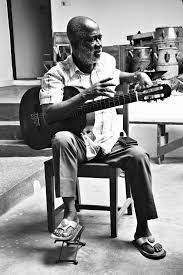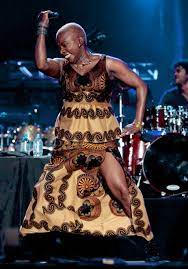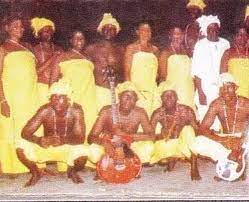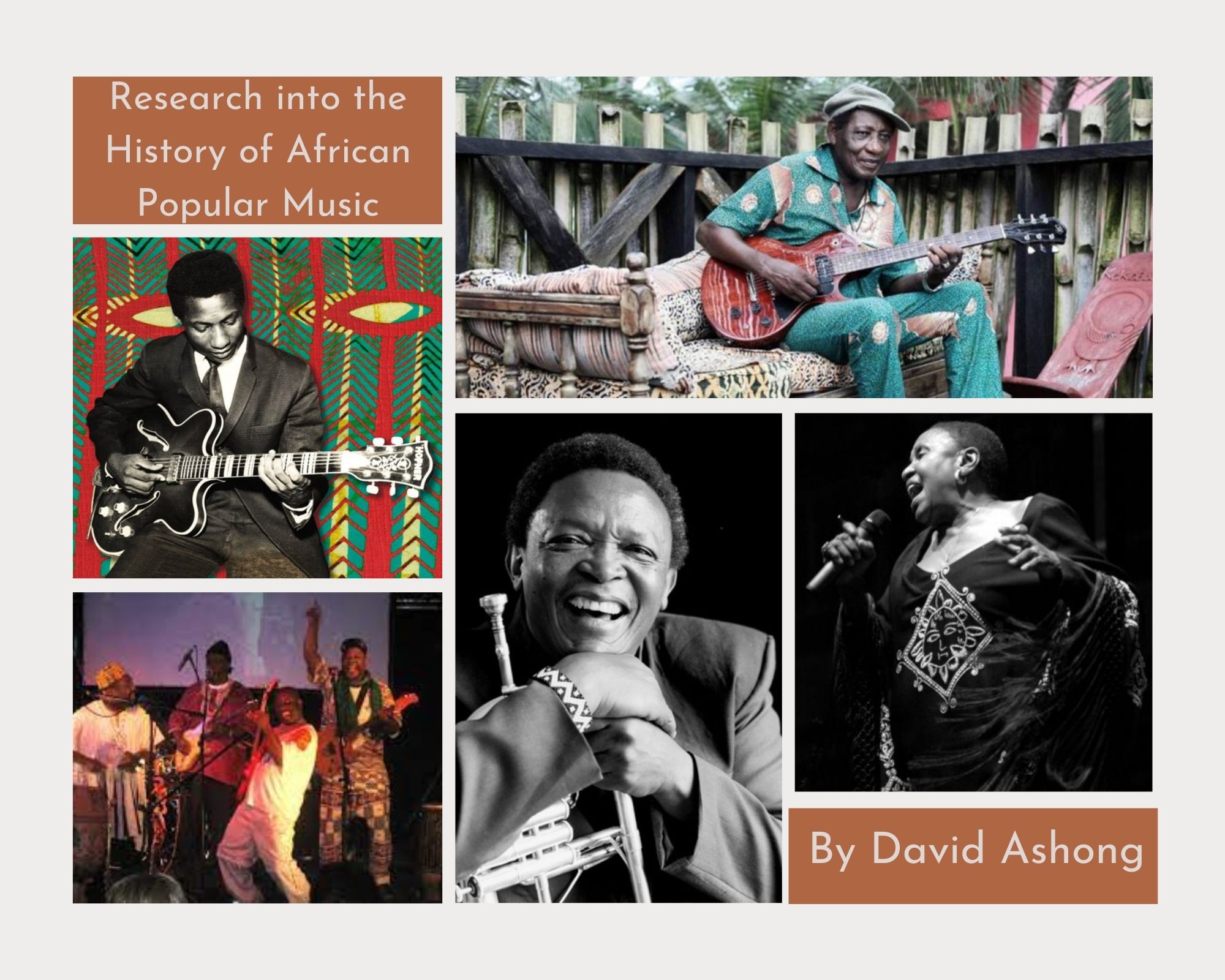Music and Music Education have always been what I go for because of my love and interest in music since my childhood. I grew up in Darkuman, a community in Accra, the capital city of Ghana where different ethnic groups and religions showcasing their culture and music during funerals, marriages, festivals, naming ceremonies, enstoolment, as well as the enskinment of chiefs, elders and traditional leaders. This coupled with listening to great classical pieces, hymns, anthems, folk music and all forms of traditional music, piqued my interest in music.
It may interest you to note that African popular music arose within the colonial context and so the emergence of distinct African genres is partly the story of musical de-colonization. African popular music styles that have been emerging from Africa and which fuse with western (i.e. European and Americas) Eg, Highlife Music, Kwela, mbaganga, from South Africa, Chimurenga from Zimbabwe, the benga beat from Kyena, toraab music from the East Africa Coast, Congo jazz (souko) from Central Africa, rai music from North Africa, Juju and apala music from Western Nigeria. Highlife and these other Africa ‘black and white’ fusion styles can be compared with parallel fusion styles that have emerged out of Africa heritage in the New world - such as Jazz, blues,swing rhythm, soul, ragga and disco. However, these two branches of black music from the African diaspora in the new world and from Africa itself are more than just parallels when once recognised that these are African roots in the popular music of the Americas.
African popular music mainly evolved in the modern urban centers and in some cases has provided a trans-ethnic national and even pan-African lingua Franca.
The music and dance of the African diaspora, formed varying degrees of African musical tradition for example American music and many Caribbean genres such as; Soca, Calypso and Zoak. Similarly, Latin American genres such as the Conga, Bomba, Cumbia, Salsa, and Samba have influenced African popular music.
African music consists of complex rhythmic patterns, often involving one rhythm played against another to create polyrhythm. African music differs from western music in that the various parts of the music do not necessarily combine inharmonious fashion. The music aims to express life in all its aspects through the medium of sounds. There is a limited written tradition of African music, with little or no written music to study or analyze.
Call and response nature is common in African music where one voice or instrument plays a short melodic phrase and that phrase is echoed by another voice or instrument. This extends the rhythm. A core rhythmic pattern is played with drummers then improvising the next pattern and then again the static original pattern.
Notably among the African popular music genres are: Highlife, Juju music, Makossa, and Palm Wine music, just to mention a few.

Koo Nimo playing Palm Wine music.
The following artists helped trigger and market Africa popular music throughout the world: Salif Keita (Mali), Kojo Antwi (Ghana), Ebo Taylor (Ghana), Osibisa Band (Ghana), Angelique Kidjo( Benin) Koonimo (Ghana), Davido, Fella Kuti P’ Square (Nigeria), Mariam Makiba (South Africa), Mustapha Tetteh Addy (Ghana ie Kpanlogo drummer), and Wulomei Band.


Angelique Kidjo Wulomei Band
Furthermore, the study of the above research will help in so many spheres, areas and the welfare of humanity. To begin with, it will help in creating employment i.e. at museums, archives, arts-presenting media companies, and other institutions that promote the appreciation and understanding of world music. More to it, this field of research can help the study of music across the world and investigate its connections to diverse elements of social and cultural life. Moreover it will aid in the field of education i.e. through courses in the music of the world, popular music, the cultural study of music and a range of more specialized classes (eg. sacred music traditions, music and politics theory and methods). A focus on this field can help create employment, tourism enhancement, and intercultural marriages. Music education helps to document and promote music traditions, increase participation in projects involving culture, general education, conflict resolutions, health, and environmental sustainability advocacy.
In conclusion the approaches and research method to use for Music education are as follows: Firstly employing a global perspective on music, encompassing all places of origin and genes using survey research case study, data collections and performance i.e. participatory methodology. Secondly engaging in ethnographic fieldwork i.e. observing and participating in music making and frequently gaining access to a facility as a performer or theorist. Finally using data collections, focus grouping and participatory observation to understand music as a social practice. A researcher must view music as a human activity that is interrelated with its social and cultural contexts.
Below are links to African music as described in this blog.
Angelique Kidjo “Agolo”: https://www.youtube.com/watch?v=dlgESq5FAx4
Angelique Kidjo “Mother Nature”: https://www.youtube.com/watch?v=a14aOMHKQaU&t=1s
Wulomei Band: https://www.youtube.com/watch?v=cUTYomme5vY
Fela Kuti “Water Get no Enemy”: https://www.youtube.com/watch?v=IQBC5URoF0s
Miriam Makeba “Pata Pata”: https://www.youtube.com/watch?v=lNeP3hrm__k
Reach out to David Ashong da2998@tc.columbia.edu for further inquiries regarding African music and music education and more examples of music from the continent.
References
"The Evolution of West Africa Popular Music' Professor Edmund John Collins , Music Department.University of Ghana
'Historical and Cultural Context of Folk Opera Development and impact in Ghana' Dr. Moses Nii Dortey.. Institute of Africa Studies.. University of Ghana
